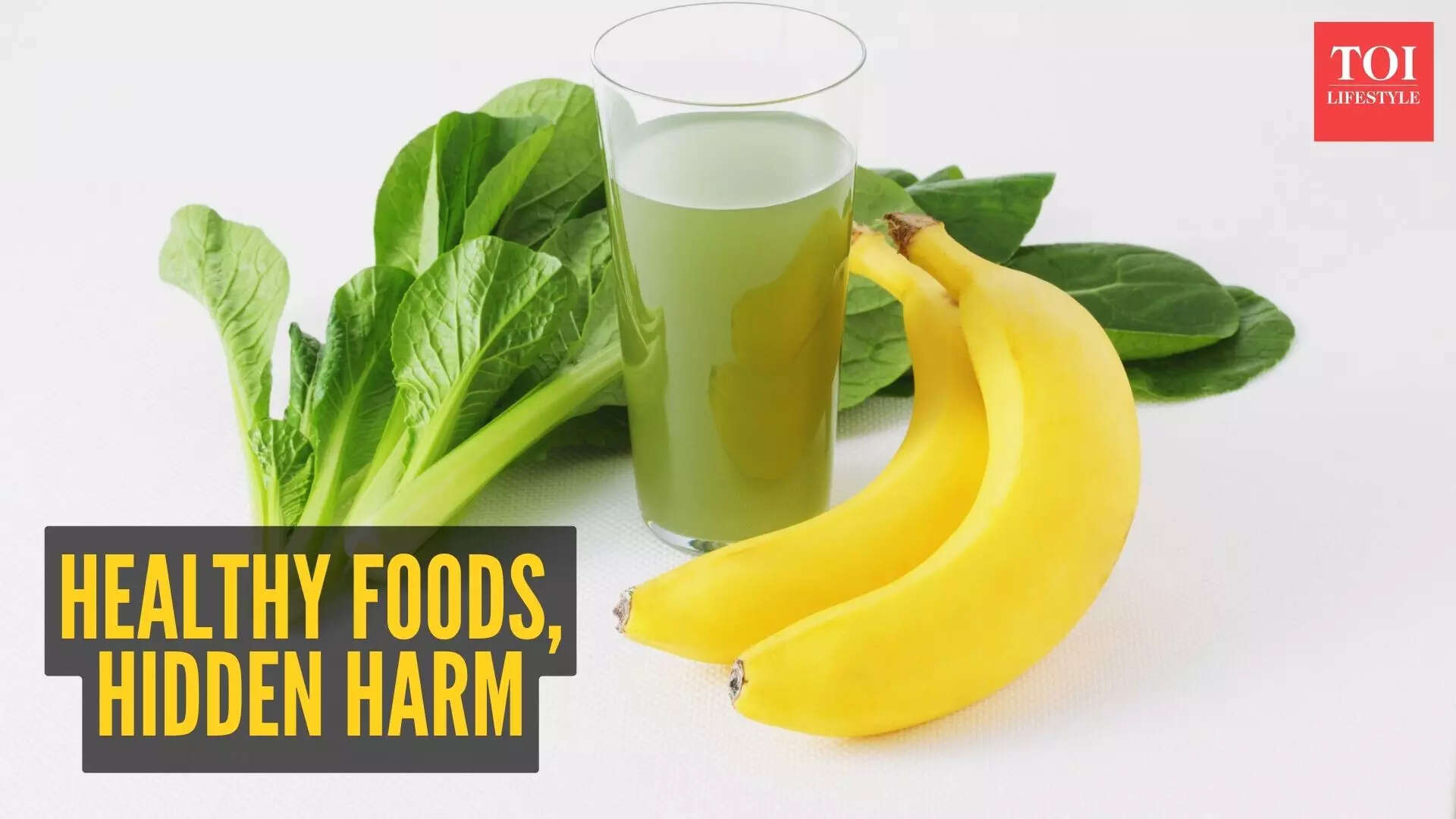Chronic inflammation is linked to a range of illnesses, including heart disease, diabetes, and dementia — and our diet can help keep it at bay.
But “there is no single anti-inflammatory diet,” Amy Buckley, a registered dietitian who specializes in gut health and inflammatory conditions such as IBD, told Business Insider.
Instead, it’s better to focus on some basic principles, said Buckley, who is investigating the role diet and the gut microbiome play in IBD for her doctorate at King’s College London.
Diets rich in fiber, omega-3 fatty acids, and unsaturated fats — such as the Mediterranean diet, which Buckley loosely follows — are linked to lower inflammation, better gut health, and a reduced risk of heart disease.
“In a very flexible and realistic way, I focus on eating plenty of fiber-rich foods, healthy fats, and try to have as many different fruits and vegetables in a week as I can to support my gut health and immune system,” said Buckley, who works at The Gut Health Clinic in London.
Buckley also avoids eating lots of saturated fats and ultra-processed foods containing additives, which are thought to activate immune cells that trigger inflammation.
She shared the three foods she eats regularly to reduce inflammation, knowing that there’s no one-size-fits-all approach.
Extra virgin olive oil
AzmanL/Getty Images
A daily dose of extra virgin olive oil is a nonnegotiable for Buckley. She likes to drizzle it on top of a salad or use it as a dip with sourdough bread for a snack.
It’s rich in polyphenols, a type of nutrient that protects plants from pathogens, and monounsaturated fats, both of which are linked to lower levels of inflammation in the body, she said.
Eating extra virgin olive oil regularly could lower the risk of dying early, as well as several chronic health conditions, including heart disease, cancer, and Alzheimer’s, according to research.
In a small 2025 study published in the journal Biomolecules, 37 healthy people consumed 37 milliliters of extra virgin olive oil a day for 100 days. Blood and fecal tests showed that multiple markers of inflammation had decreased compared with pre-study levels.
Kefir or live yogurt
Carol Yepes/Getty Images
A healthy gut microbiome containing “good” microbes is thought to lower markers of inflammation, according to a 2020 review published in the International Journal of Environmental Research and Public Health.
Fermented foods such as kefir and live yogurts typically contain prebiotics — fiber that promotes “good” bacteria — and probiotics — or gut-friendly bugs — which make the gut microbiome more diverse and release helpful molecules. Buckley usually has one of the two for breakfast with some oats, milled chia seeds, and frozen berries.
There is some emerging evidence that fermented foods may reduce inflammation, too, Buckley said. A 2021 study published in the journal Nutrients found that of the 1,753 people involved, those who ate yogurt had lower levels of two markers of inflammation.
Oily fish
gbh007/Getty Images
Foods containing omega-3 fatty acids — such as oily fish like salmon, sardines, and trout — have anti-inflammatory properties, Buckley said.
Omega-3 rich foods are thought to lower the risk of heart disease, which is partly why the American Heart Association recommends eating fish (particularly the oily kind) twice a week.
Research suggests it could decrease the risk of abnormal heart rhythms that can lead to sudden death, lower triglyceride levels, a type of fat found in the blood, and slow the growth of fatty deposits that clog arteries.
Buckley likes to grill hers, season it with lots of extra virgin olive oil, lemon, and fresh herbs, which she keeps in the freezer, and pair it with a salad and rice or potatoes.

:max_bytes(150000):strip_icc()/Tcheky-Karyo-Cinema-film-music-festival-La-Baule-110125-940fb67e48ad4d3ca778e159a9067683.jpg)
